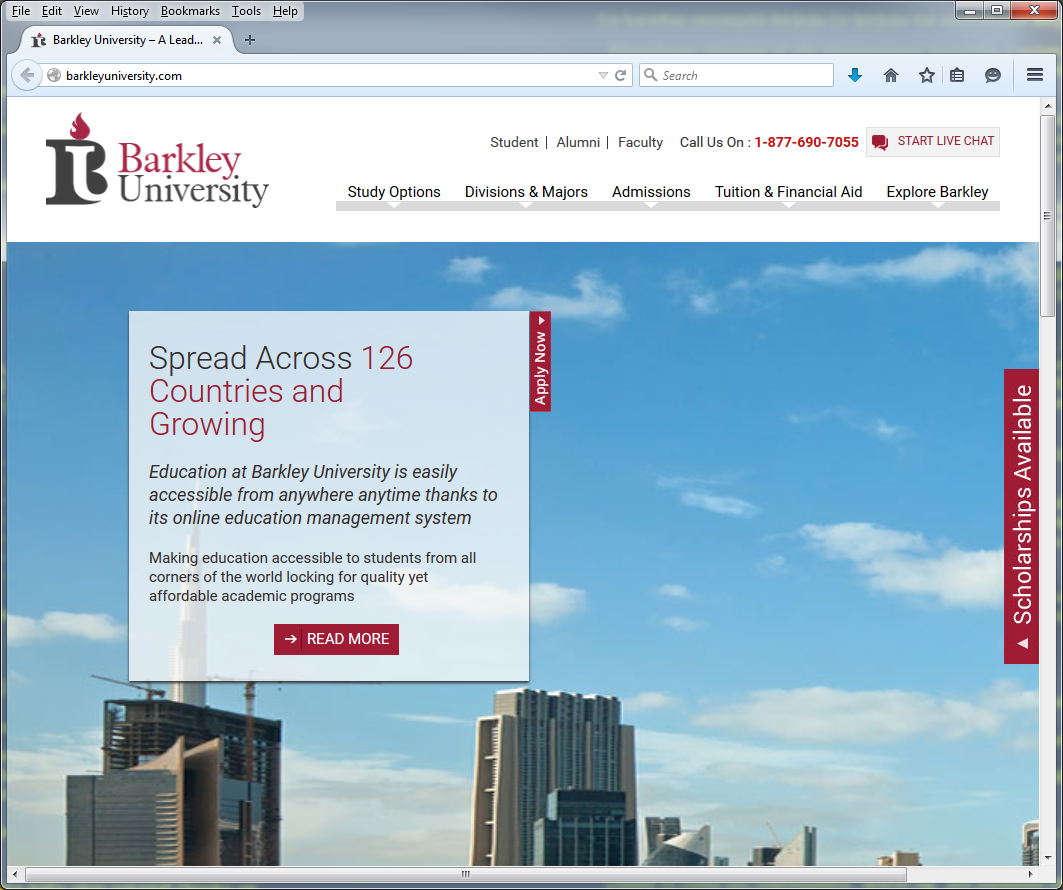So I was reading this article in New York Times about Axact, a Pakistan-based Company that seems to be in the business of selling fake diplomas.
The case of Axact is also not some small operation involving diplomas with just one or a couple of (perhaps) easily recognizable names of educational institutes.
Above article states that:
Their websites, glossy and assured, offer online degrees in dozens of disciplines, like nursing and civil engineering. There are glowing endorsements on the CNN iReport website, enthusiastic video testimonials, and State Department authentication certificates bearing the signature of Secretary of State John Kerry.
“We host one of the most renowned faculty in the world,” boasts a woman introduced in one promotional video as the head of a law school. “Come be a part of Newford University to soar the sky of excellence.”
Yet on closer examination, this picture shimmers like a mirage. The news reports are fabricated. The professors are paid actors. The university campuses exist only as stock photos on computer servers. The degrees have no true accreditation.
In fact, very little in this virtual academic realm, appearing to span at least 370 websites, is real
This other article at New York Times, titled "Tracking Axact’s Websites" lists 132 fake universities and 16 different accreditation bodies that are referenced by Axact.
Names of some of the accreditation bodies that they use according to above article:
- Accreditation Bureau of Online Education and Training
- Association for Accreditation of Business Schools and Programs
- European Accreditation Board for Online Education
- European Accreditation Council for Online Learning
- Global Accreditation Board for Distance Learning
- Global Doctorate Council
- Gulf Accreditation Council
- Gulf Bureau of Higher Education
Some of the names of their "universities" are below:
- Ashbery University
- Barkley University
- Baycity University
- Branton University
- Brooksville University
- Cambell State University
- Camp Lake University
- Chapel University
- Johnstown University
- Kennedy University
- Kingsbridge University
- Pittsford University
- Port Jefferson University
- Queen City University
- Queens Bay University
- Western Valley Central University
- Wiley University
- Wilford University
Above universities sport what looks like professionally made websites, such as the one below for Barkley University:

Considering the scale of this operation, what can a company reasonably do to determine if a candidate has a fake diploma?
